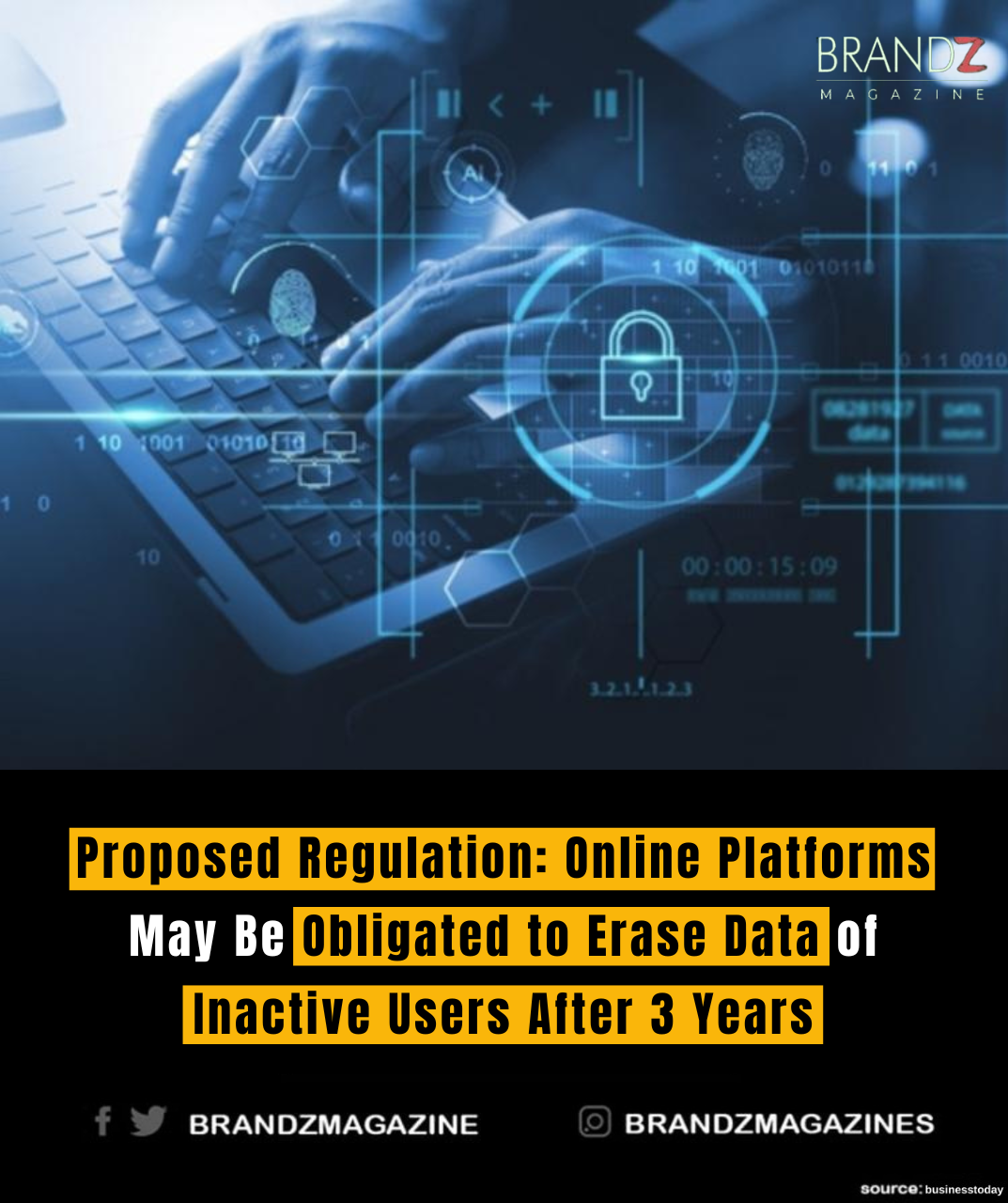
In a move aimed at strengthening user privacy and data protection, regulatory discussions are underway that could potentially require online platforms to delete data belonging to users who have been inactive for a period of three years. This proposed regulation raises significant considerations regarding user rights, digital footprints, and the responsibilities of online platforms in safeguarding personal information.
Table of Contents
ToggleThe core principle of the proposed regulation centers on the automatic deletion of user data on online platforms after a designated period of inactivity, set at three years. This duration is seen as a balance between respecting user privacy and allowing platforms to maintain efficient and relevant data for operational purposes.
The proposed regulation reflects a growing global emphasis on user privacy and the need for stringent data protection measures. By mandating the erasure of data belonging to inactive users, regulators aim to curtail the accumulation of vast amounts of personal information by online platforms, minimizing the risk of data breaches and unauthorized access.
While user privacy is at the forefront of this proposed regulation, there is an inherent challenge in striking the right balance between privacy considerations and the operational needs of online platforms. Some platforms may argue that retaining user data, even if inactive, contributes to enhancing user experience, personalization, and security measures.
An essential aspect of the proposed regulation involves ensuring that users are adequately informed about the impending deletion of their data after three years of inactivity. Platforms may be required to notify users well in advance and seek their consent or provide an option for users to continue data storage if they wish to do so.
The proposed regulation may include provisions for exceptions, particularly concerning certain types of data that are crucial for legal, security, or operational purposes. Striking a nuanced approach, regulators may delineate specific categories of data that can be retained even if a user account is inactive.
This proposed regulation aligns with broader global trends emphasizing the need for robust data protection laws. Countries and regions around the world are increasingly enacting or updating legislation to safeguard user privacy and hold online platforms accountable for responsible data management.
The potential implementation of this regulation would necessitate significant adjustments for online platforms, particularly in terms of data storage practices, compliance measures, and user engagement strategies. Businesses may need to reevaluate their data retention policies and invest in technologies that facilitate secure data erasure.
From a consumer perspective, the proposed regulation is a step towards empowering users with greater control over their digital identities. It aligns with the growing awareness and advocacy for digital rights, emphasizing that users should have a say in how their data is collected, used, and retained.
As discussions around this proposed regulation continue, it underscores the evolving landscape of data governance. Balancing the interests of users, businesses, and regulatory authorities, this potential regulation represents a significant step towards creating a digital environment that prioritizes privacy, security, and user empowerment. The outcome of these deliberations will likely set a precedent for data protection standards in the digital age, shaping the future of online privacy and user rights.

